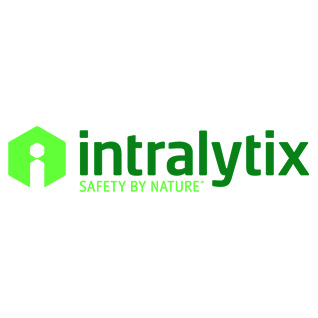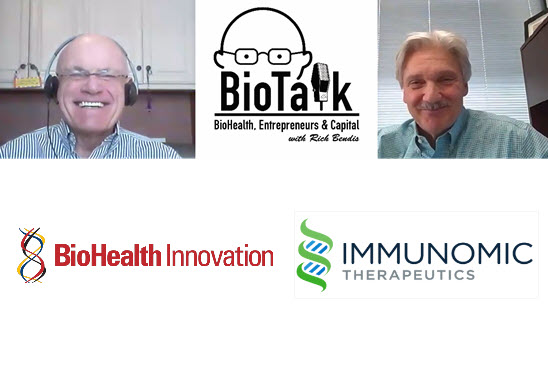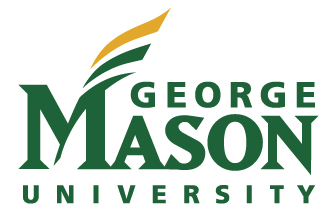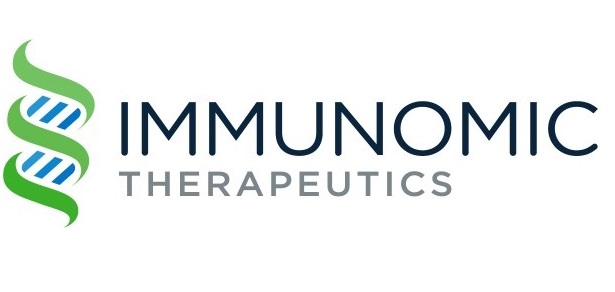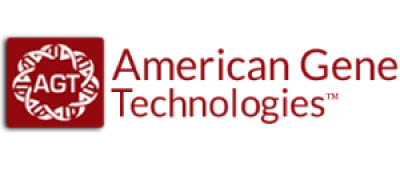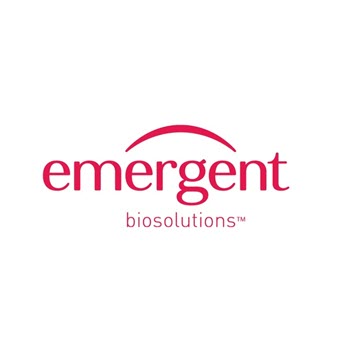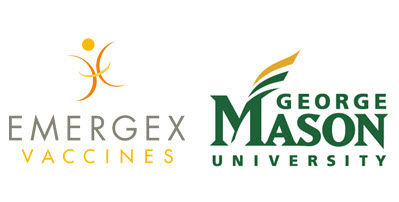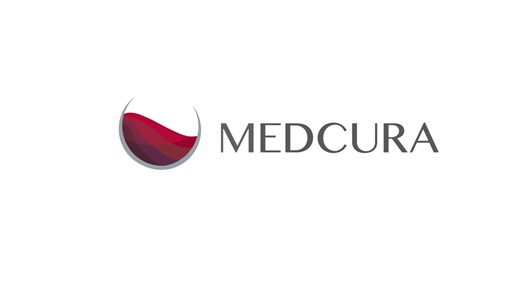- Emergent will provide contract development and manufacturing services to support Johnson & Johnson’s commitment of one billion doses of vaccine for worldwide emergency pandemic use
- Agreement valued at approximately $135 million
GAITHERSBURG, Md., April 23, 2020 (GLOBE NEWSWIRE) — Emergent BioSolutions Inc. (NYSE:EBS) today announced an agreement whereby Emergent will deploy its contract development and manufacturing (CDMO) services to support the manufacturing of Johnson & Johnson’s lead vaccine candidate for COVID-19 that leverages the AdVac® and PER.C6® technologies from the Janssen Pharmaceutical Companies of Johnson & Johnson.
Robert G. Kramer Sr., president and chief executive officer of Emergent BioSolutions, stated, “When mission-driven organizations combine talents and capabilities, potential solutions to serious issues like COVID-19 become more within reach to benefit patients. We are proud of our collaboration with Johnson & Johnson and are equally committed to our longstanding relationship with the U.S. government. At a time like this, we all need to be working together to achieve maximum results for public health. Emergent is committed to our mission – to protect and enhance life – by advancing our own therapies and helping partner companies advance their programs as well.”
Under the agreement, valued at approximately $135 million, Emergent will provide drug substance manufacturing services with its molecule-to-market CDMO offering, supported by investments from Johnson & Johnson beginning in 2020, and will reserve certain large-scale manufacturing capacity to pave the way for commercial manufacturing of Janssen’s adenovirus-based COVID-19 vaccine beginning in 2021.
To support Johnson & Johnson’s goal of supplying one billion doses of a COVID-19 vaccine, a long-term commercial manufacturing agreement is under negotiation for large-scale drug substance manufacturing anticipated to begin in 2021.
Large-scale manufacturing of drug substance for Johnson & Johnson’s vaccine candidate will be done at Emergent’s Baltimore Bayview facility, a Center for Innovation in Advanced Development and Manufacturing (CIADM) designed for rapid manufacturing of vaccines and treatments in large quantities during public health emergencies. Emergent’s CIADM is a result of a public-private partnership with the U.S. Department of Health and Human Services (HHS).
“Eight years ago, HHS invested in novel public-private partnerships to create three Centers for Innovation in Advanced Development and Manufacturing or CIADMs to help strengthen the nation’s biotech infrastructure to prepare and respond to emergencies,” said Gary Disbrow, Ph.D., acting director of the Biomedical Advanced Research and Development Authority. “Leveraging the capacity available at the Bayview CIADM to speed development and manufacturing of COVID-19 vaccine is precisely how we envisioned these centers be used in pandemic response.”
Syed T. Husain, senior vice president and CDMO business unit head at Emergent, stated, “We share with our partners the same urgency to combat COVID-19 and will leverage our talents, capabilities, and capacities up to 300 million doses to advance this much-needed vaccine candidate and ensure ongoing commercial supply through our CDMO services.”
Emergent’s Bayview facility has unique capabilities across four independent suites to produce at clinical scale to get candidates rapidly into the clinic, while at the same time scaling up to enable large-scale manufacturing to up to 4000L to prepare for production of commercial volumes to meet customer demand. The CIADM has the capacity to produce tens to hundreds of millions of doses of vaccine on an annual basis, based upon the platform technology being used.
About Emergent BioSolutions
Emergent BioSolutions is a global life sciences company whose mission is to protect and enhance life. Through our specialty products and contract development and manufacturing services, we are dedicated to providing solutions that address public health threats. Through social responsibility, we aim to build healthier and safer communities. We aspire to deliver peace of mind to our patients and customers so they can focus on what’s most important in their lives. In working together, we envision protecting or enhancing 1 billion lives by 2030. For more information visit www.emergentbiosolutions.com. Find us on LinkedIn and follow us on Twitter @emergentbiosolu and Instagram @life_at_emergent.
Emergent’s Response to COVID-19
Emergent BioSolutions is using its decades of experience in vaccine and hyperimmune development and manufacturing, as well as its molecule-to-market contract development and manufacturing (CDMO) offerings to provide comprehensive medical countermeasure solutions in response to the COVID-19 pandemic. Emergent is developing two potential treatments, COVID-Hyper Immune Globulin (COVID-HIG), a human plasma-derived therapy candidate for treatment of COVID-19 in severe hospitalized and high-risk patients, and COVID-Equine Immune Globulin (COVID-EIG), an equine plasma-derived therapy candidate for treatment of severe disease. Both candidates are anticipated to be in Phase 2 clinical studies over the summer.
Emergent has announced collaborations with three fellow innovators to develop and manufacture their COVID-19 vaccine candidates. Most recently, Emergent was selected as U.S. manufacturing partner for a vaccine candidate expected to be in a Phase 1 human study by September in support of a goal to produce 1 billion doses of vaccine worldwide. Earlier partnerships include a vaccine candidate expected to be in a Phase 1 study in May and an oral vaccine candidate expected to be in a Phase 1 study in the second half of 2020. For the COVID-19 vaccine collaborations, Emergent’s integrated CDMO network provides development services from its Gaithersburg facility, drug substance manufacturing at its Baltimore Bayview facility, and drug product manufacturing at its Baltimore Camden facility, all in Maryland.
For 22 years Emergent has focused on advancing public health and its multi-pronged approach to tackling COVID-19 demonstrates its commitment to its mission – to protect and enhance life.
Safe Harbor Statement
This press release includes forward-looking statements within the meaning of the Private Securities Litigation Reform Act of 1995. Any statements, other than statements of historical fact, including statements regarding our ability to produce viable COVID-19 vaccine candidates at the prescribed scale and on the anticipated timeline and pave their potential pathway to licensure, as well as the negotiation of another contract related to the second phase of the collaboration and deployment of capacity toward future commercial manufacturing, are forward-looking statements. These forward-looking statements are based on our current intentions, beliefs and expectations regarding future events. We cannot guarantee that any forward-looking statement will be accurate. Investors should realize that if underlying assumptions prove inaccurate or unknown risks or uncertainties materialize, actual results could differ materially from our expectations. Investors are, therefore, cautioned not to place undue reliance on any forward-looking statement. Any forward-looking statement speaks only as of the date of this press release, and, except as required by law, we do not undertake to update any forward-looking statement to reflect new information, events or circumstances.
There are a number of important factors that could cause the company’s actual results to differ materially from those indicated by such forward-looking statements, including the success of the planned development programs; the timing of and ability to obtain and maintain regulatory approvals for the product candidates; and our commercialization, marketing and manufacturing capabilities. The foregoing sets forth many, but not all, of the factors that could cause actual results to differ from our expectations in any forward-looking statement. Investors should consider this cautionary statement, as well as the risk factors identified in our periodic reports filed with the SEC, when evaluating our forward-looking statements.
Media Contact:
Miko B. Neri
Senior Director, Corporate Communications
240-631-3392
NeriM@ebsi.com
Investor Contact:
Robert G. Burrows
Vice President, Investor Relations
240-631-3280
BurrowsR@ebsi.com
